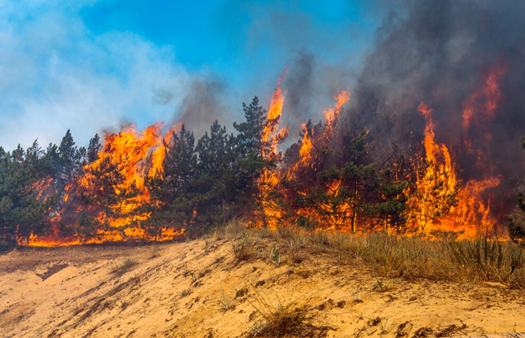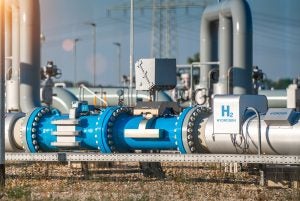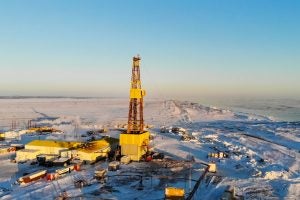By Ari Pottens and Maureen Lackner
New research confirms that cutting methane emissions from the oil and gas sector is one of the fastest and most affordable steps Canada can take to help address the climate crisis. According to the report by Dunsky Energy + Climate Advisors, Canada’s upstream oil and gas companies can eliminate 75% of their methane emissions at an average cost of about $11 per tonne.
This is one of the biggest bargains that exists when it comes to climate solutions. For example, were oil and gas companies subject to Canada’s entire carbon price, they would need to pay $65 per tonne of carbon pollution they create. By 2030, this figure will rise to $170 per tonne. Meanwhile, technologies that can directly capture carbon dioxide from the atmosphere are estimated to cost between $125 and $335 USD per tonne, an astronomical figure compared to methane abatement. Read More






